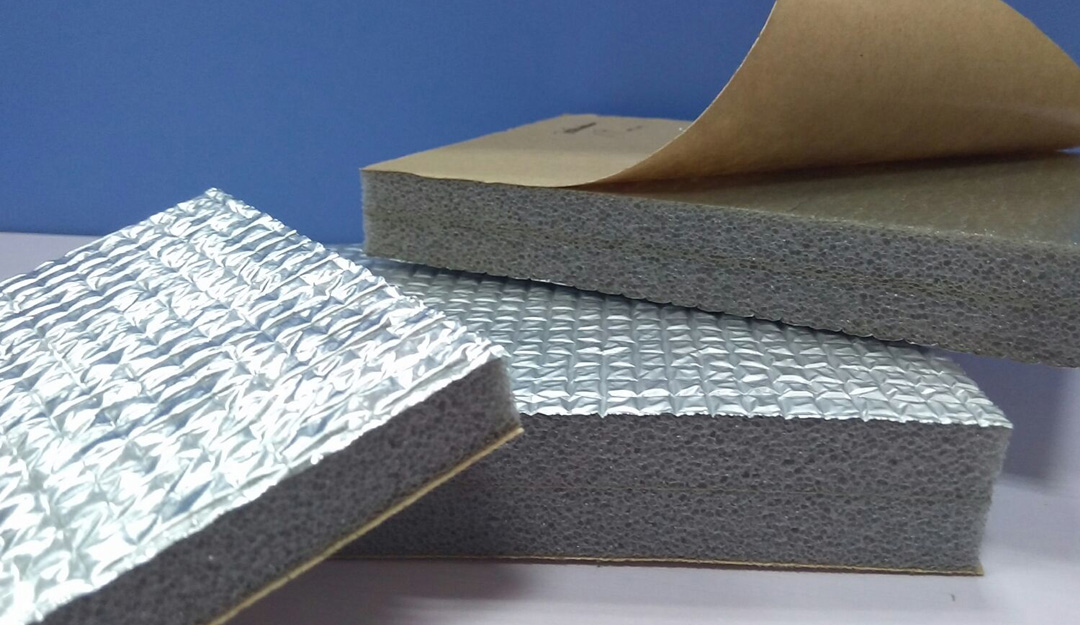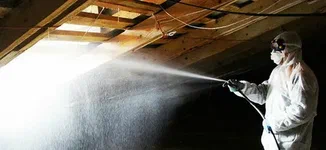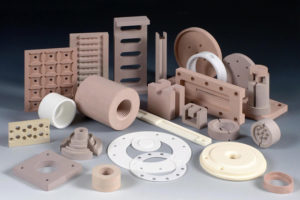
A good Thermal Insulator is a material that does not readily conduct heat, which helps keep things hot or cold, depending on how it is used. Many different materials can be used as Thermal Insulation, including foam, fiberglass, and even air. Each has its advantages and disadvantages, so it is important to choose the right one for the job.
What is the Best Material for Thermal Insulation?
- Foam Insulation
Foam insulation is one of the most popular choices for thermal insulation. It is made from a variety of materials, including polystyrene and polyurethane. Foam insulation is easy to install and can be cut to fit any space. It is also an effective barrier to noise and moisture. However, foam insulation is not as durable as other options and can be damaged by fire or chemicals.
- Fiberglass Insulation
Fiberglass insulation is another popular choice for thermal insulation, and it is made from glass fibers that are interwoven to form a mat. Fiberglass insulation is lightweight and easy to install, but it does not have the same level of durability as foam insulation.
- Air Thermal Insulator
Air is also a good thermal insulator. It is inexpensive and easy to install, but it does not provide the same level of protection as other options. Air can be compressed, which makes it an effective barrier to sound. However, air leaks can occur, which can reduce its effectiveness.
When choosing a thermal insulator, it is important to consider the needs of the space that will be insulated. For example, a home in a cold climate will need a different type of insulation than one in a hot climate. It is also important to consider the type of material used in the space. Some materials, such as fiberglass, can irritate the skin, so choosing a material that will not cause discomfort is important.
How to Install Thermal Insulation?
Once the type of insulation has been chosen, the next step is to install it. This can be done by hiring a professional, but it is possible to do it yourself. If installing the insulation yourself, it is important to follow the manufacturer’s instructions carefully.
Thermal insulation is an important part of any home or office and can help keep the space comfortable and reduce energy costs. When choosing a thermal insulator from Prime Tech Inc USA, it is important to consider the needs of the space and the type of material that will be used. With a little research, you should be able to find the perfect insulation for your needs.
Tips on Purchasing Thermal Insulator
When looking to purchase a thermal insulator, there are a few things you should keep in mind.
- Thermal insulation comes in various forms, so choose the type best suited for your needs. For example, if you need insulation for a large area, such as the roof of your house, you’ll likely want to purchase rolls or batts of fiberglass insulation. However, if you’re looking to insulate a small area, such as a crawlspace or attic, then you may want to consider using spray foam insulation.
- The R-value measures how well insulation performs, and the higher the R-value, the better the insulation will prevent heat loss. When comparing different types of insulation, be sure to compare their R-values to make an informed decision.
- Some types of insulation are more expensive, but it’s important to remember that the higher the R-value, the more money you’ll save in the long run by reducing your energy bills. So, be sure to weigh all your options and choose the type of insulation that is best for your needs and budget.
By following these tips, you can be sure to purchase the best thermal insulator for your needs. By researching and comparing different products, you can find the perfect insulation for your home and save money on your energy bills.
Last Words
A good thermal insulator can slow the transfer of heat energy between two objects. Many materials can be used as insulation, including fiberglass, cellulose, foam board, and more. The key to choosing the right type of insulation is to find one that will fit your specific needs and climate. For example, if you live in a cold climate, you’ll need an insulation material that is effective at slowing down the transfer of heat from the inside of your home to the outside. If you’re unsure which type of insulation is best for you, consult a professional contractor who can help you choose the right product and installation method for your needs.




No comment yet, add your voice below!